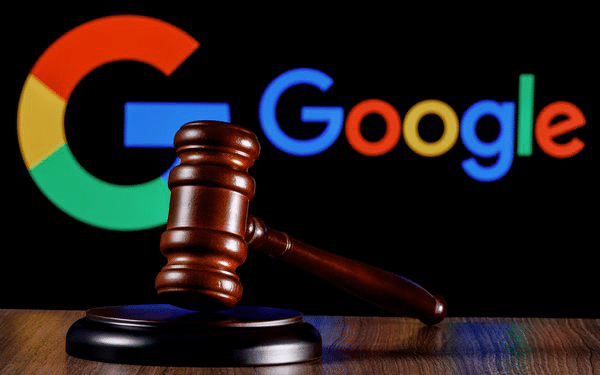The Japan Fair Trade Commission (JFTC), Japan’s competition regulator, has begun looking into claims that Google demanded special privileges from smartphone producers.
According to AFP News, the commission suspects that Google unjustly asked to have its search apps pre-installed on phones, with its icons placed in certain spots. It’s also believed that Google made deals with Android device manufacturers. These deals stopped them from including other search apps on their products in return for a share in the advertising revenue generated through Google searches.
Saiko Nakajima, who leads the digital investigation team at the commission, said that when a major player like Google acts this way, it makes it hard for other companies to compete. Over time, she fears this could slow down industry innovation and leave customers worse off.
Reacting to this, Google’s office in Japan emphasized that Android users have ample flexibility to customize their devices, including how they browse the web or download apps. The company also mentioned that it is working with government agencies to show how it is helping the Android community and giving more choices to users in Japan. Google promised to keep working with the government and other industry players during this investigation.
According to Bloomberg, this is the first time the commission started consulting with third parties from the get-go for an investigation. The investigation might also look into Android phone makers if they are found to be part of unfair business practices, an official mentioned, without giving more information.
Growing Legal Challenges Highlight Competitive Struggles
This move by the JFTC adds to Google’s growing list of legal troubles, including those in the U.S., where its control over the search and ad market is under question.
In the U.S. courts, Microsoft CEO Satya Nadella called Google’s claim—that switching search engines on devices is easy—’bogus’.
In fact, Microsoft’s struggles to promote Bing as a viable alternative, even in negotiations with Apple, shows how hard it is for others to compete with Google in this space. Despite offering a better deal to Apple, Microsoft couldn’t seal the agreement. Additionally, for its Duo phone to use the Android system, Microsoft had to stick with Google Search as the default, pushing Bing aside.
Meanwhile, Google defended its search services’ quality, with one executive sharing the lengths the company goes to to maintain this quality.
During the trial, Google’s Vice President for Search, Pandu Nayak, spoke about how the company constantly works to better its search function by organizing the vast amount of information on the web, removing unrelated pages, and arranging websites to give accurate and useful answers to users. Nayak also brought up how Google uses machine learning tools to improve its search.
This defense is part of Google’s effort to explain that the superior quality of its search services is why it’s commonly used on phones and tablets, opposing claims that it’s due to unfair business practices.
The judge handling the case, Amit Mehta, asked about how important “user interaction” is, to which Nayak agreed it’s important but emphasized that other things, like having the right systems to monitor websites and their updates, are key.
Interestingly, Nayak stated that when Google compared its search results to Microsoft’s Bing, they found Bing to be of lesser quality. Google has also started comparing its performance with other platforms, like the video-sharing app TikTok, showing the competitive nature of online search and content sharing.
Google CEO Sundar Pichai is expected to testify in the coming weeks.
